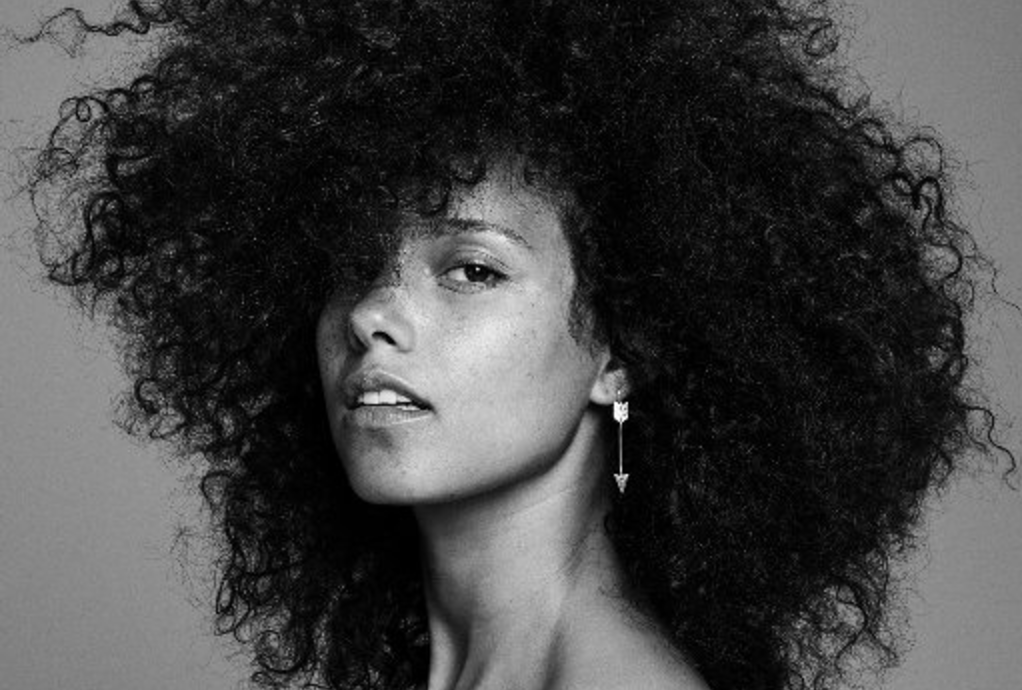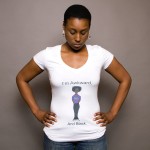by Ashia Ajani
On November 4th, Alicia Keys released her new album Here, which combines narrative and song to create a somewhat new sound that hearkens back to old school Alicia Keys with the early 2000s cornrows when she knew the limitations of her vocal range. Since this has been the year of Black women winning in all areas, especially music — Rihanna’s Anti, Beyonce’s Lemonade, Solange’s A Seat at the Table— you’d really expect the trend to continue. Unfortunately, Here does not live up to its predecessors. For one, the use of the interlude is becoming played out: where Solange nailed it, Alicia really didn’t. But at least one thing stands out: Alicia Keys is a living reminder that if you’ve got the instrumental skills, you don’t really need the voice to match.
Alicia Keys has gone through many modulations of genre throughout her career, entering the field as a RnB piano maestro crafted in Juilliard by way of Hell’s Kitchen, Manhattan, swimming through waves of hip hop and neo-soul and arriving at a curious mashup of pop and soul that sometimes does not do either side justice. We remember Alicia Keys through iconic songs like “No One” (covered by Aretha Franklin in light reggae style), “If I Ain’t Got You,” “Fallin’,” “Girl on Fire,” “Superwoman,” “Like You’ll Never See Me Again,” and of course, the thirstiest of thirst calls in “You Don’t Know My Name.” But as she’s developed as an artist, she’s lost some of the flavor in past albums. “The Gospel” speaks to her upbringing in the streets of Harlem and the limitations of family love, similar to her verse in Baby Cham’s “Ghetto Story”, while “Blended Family (What You Do For Love)” reaffirms the necessity of family in times of struggle. The whole album varies in instrumental use and sound: jazz xylophone makes an appearance in “She Don’t Really Care,” whereas “Pawn it All” has a more bluesy feel with a solid chord progression complemented by hand claps. “More Than We Know” has a gospel vibe that sways the soul back and forth. And somehow, despite all this, the album is mediocre at best.
Some artists just get better as they develop, experiment and grow older. Here just seems like everything Keys could’ve said in past albums but didn’t– and that memory gap just makes the result watered down. “Holy War” is a testament to that which divides us along racial, sexual and class boundaries, but seems like a feel-goodery, kumbaya, let’s all hold hands type of anthem that spreads “blame” around. “Girl Can’t Be Herself” is overshadowed by songs like “Video” by India Arie, “Masterpiece” by Jazmine Sullivan and of course, “Don’t Touch My Hair” by Solange, that go more in depth about the eurocentric beauty standards imposed on Black women.
Something in the album is missing. A piece of soul or an authentic lens, it’s not all there. Still, for many of us, especially Black women, Alicia Keys brings back memories of skinned knees and too-tight braids with layers upon layers of beads and barrettes knocking us upside the head whenever we make a sudden movement, Songs in A Minor and singing in the mirror with a hairbrush until a mother or a grandmother or an auntie tells us to quit all that foolishness and read a damn book or something. Alicia Keys will always be the first album I ever received, the first book of sheet music I ever bought myself, the first time I ever considered writing music and the first time piano ever made sense. It may not be her best work, but the memory remains. Listen to Here. Pray on it.



